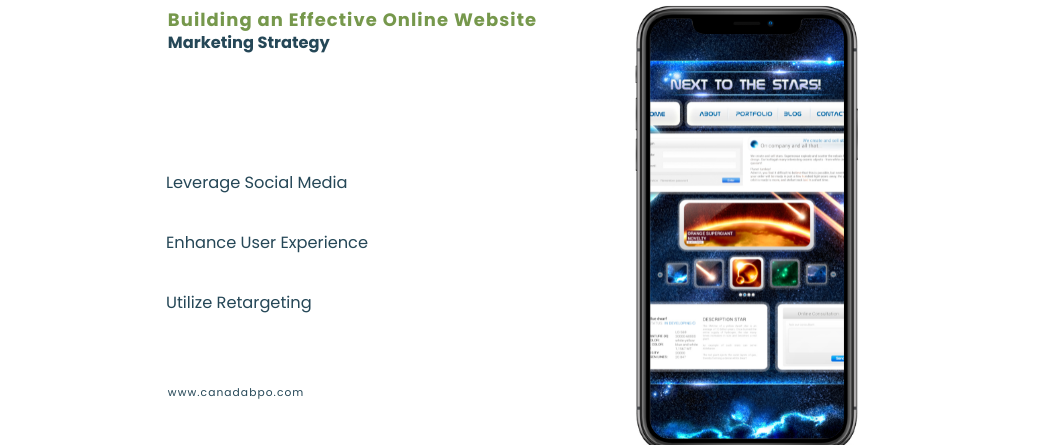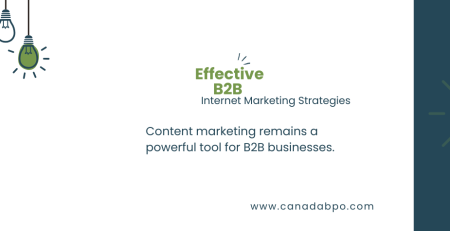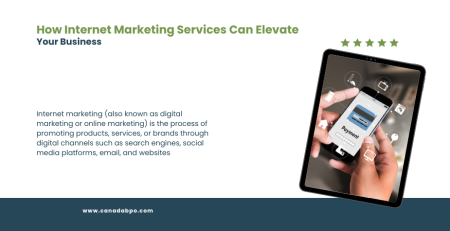What is an Online Website Marketing Strategy?
An online website marketing strategy is a comprehensive plan that focuses on promoting your website across digital channels to attract your target audience and achieve specific business goals. This strategy involves using various tactics such as SEO (search engine optimization), content marketing, social media, email campaigns, and paid advertising to increase traffic and generate leads or sales.
Key Components of an Effective Online Website Marketing Strategy
- Set Clear Objectives The first step in developing an online website marketing strategy is to define your business goals. Are you aiming to increase brand awareness, generate leads, boost online sales, or expand your email list? Clear objectives will guide every aspect of your strategy and help measure success.
- Understand Your Target Audience Knowing who your ideal customer is will allow you to tailor your marketing efforts. Conduct market research to understand your audience’s needs, pain points, and search habits. By creating buyer personas, you can align your content, messaging, and marketing channels with your target demographic.
- Optimize for SEOSearch engine optimization (SEO) is crucial for making your website visible in search results. Effective SEO strategies include:
- Keyword research: Find the most relevant keywords for your business by using tools like Google Keyword Planner or SEMrush. Incorporate those keywords into your website’s content, meta descriptions, headers, and image alt texts.
- On-page optimization: Ensure your website is structured well for both users and search engines. Focus on title tags, URLs, internal linking, and mobile responsiveness.
- Off-page SEO: Build backlinks from authoritative sites to improve your website’s domain authority.
- Consistently optimizing your website for search engines will help increase organic traffic, positioning your site higher in search rankings.
- Content Marketing Creating valuable, high-quality content is central to attracting and engaging your audience. Content marketing helps establish your brand as an authority in your industry and drives traffic through organic search. Your content should include:
- Blog posts
- E-books or whitepapers
- Case studies
- Infographics
- Video content
- Ensure your content is optimized for SEO by including relevant keywords and a clear call to action (CTA) that encourages users to take the next step, such as signing up for a newsletter or making a purchase.
- Leverage Social Media Social media platforms like Facebook, LinkedIn, Instagram, and Twitter are powerful tools for promoting your website. A strong social media presence allows you to share content, engage with followers, and drive traffic back to your site. To maximize social media’s impact, be consistent with your posting schedule and tailor content to each platform’s audience.
- Use Email Marketing Email marketing is one of the most cost-effective ways to nurture leads and convert them into customers. By building an email list, you can regularly communicate with potential and existing customers. Use email campaigns to:
- Share blog posts, product updates, or promotions
- Provide valuable resources like e-books or guides
- Personalize content based on user behavior
- A good email marketing platform, such as Mailchimp or HubSpot, can help you segment your audience and automate your campaigns.
- Invest in Paid Advertising Paid advertising, including pay-per-click (PPC) ads and social media ads, can significantly boost website traffic. Platforms like Google Ads and Facebook Ads allow you to target specific demographics, ensuring your ads reach the right audience. Use A/B testing to refine your ad campaigns and optimize your return on investment (ROI).
- Analyze and Adjust Your Strategy Digital marketing is not a one-size-fits-all approach, so it’s important to track your website’s performance and adjust your strategy accordingly. Tools like Google Analytics provide valuable insights into user behavior, conversion rates, and traffic sources. Regularly reviewing your metrics helps identify what’s working and where improvements are needed.
Tips for Improving Your Online Website Marketing Strategy
- Enhance User Experience (UX) A well-designed website that is easy to navigate, fast, and mobile-friendly will keep visitors engaged. The longer users stay on your website, the higher your chances of conversion. Pay attention to UX elements like page speed, clear navigation menus, and responsive design.
- Focus on Local SEO If your business operates within a specific geographical region, local SEO is crucial. Optimize your website for local searches by including location-based keywords and ensuring your Google My Business listing is up to date. Positive reviews and local citations can also boost your visibility in local search results.
- Create a Strong Brand Identity A cohesive brand identity across your website and all marketing channels builds trust with your audience. Ensure that your branding (colors, fonts, logos) is consistent, and that your messaging aligns with your brand’s mission and values.
- Utilize Retargeting Retargeting ads are an effective way to re-engage users who have visited your website but haven’t converted. By placing cookies on your visitors’ browsers, you can show them relevant ads as they browse other sites, reminding them to return to complete their purchase or sign up.
An online website marketing strategy is a multi-faceted approach that involves SEO, content marketing, social media, email campaigns, and paid ads. Each component plays a vital role in driving traffic to your site and converting visitors into leads or customers.
By setting clear objectives, understanding your audience, and continually optimizing your strategy, you can create a marketing plan that helps your business thrive in the digital space











Leave a Reply